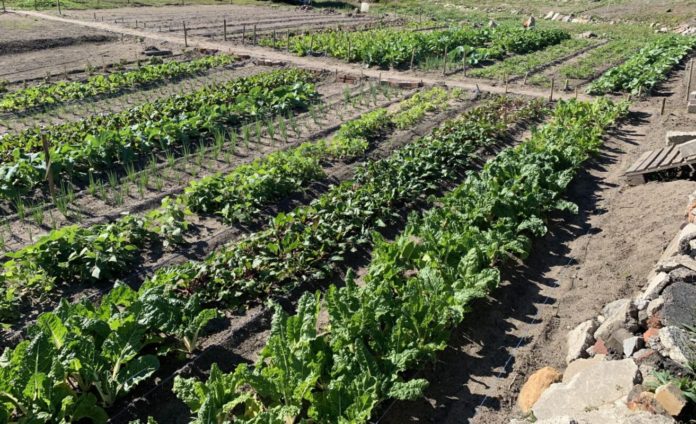Germany has injected Sh 64.6bn to support the Vocational Education and Training Authority (VETA) in strengthening productivity and competitiveness of Tanzania’s agriculture sector.
Dubbed ‘Dual Apprenticeship Training System 2’ (DATS), the four-year project seeks to train and develop courses that will prevent postharvest losses. Head of DATS Project Philipp Dohmen, said the scheme entails promoting the country’s agricultural sector in the country. Drawing lessons from Germany, Mr Dohmen revealed that agriculture had played a crucial role in addressing youth unemployment in his country.
“Germany has the lowest rate of youth unemployment rate in the whole of the European Union, only because we had shifted our attention in promoting the agriculture sector. Such training will increase the profit of companies and broaden the scope of entrepreneurship in Tanzania,” he said.
Dual system
Mr Dohmen exuded confidence that the project will see big companies valuing the youth as major assets to their investments. According to him, the project also seeks to see the expansion of vocational qualification under the dual system, contributing to the improvement of productivity and competing power in Tanzania farming and construction sector.
VETA Director General Pancras Bujulu said the Apprenticeship System intends not only to introduce another mode of training, but also sets a concrete foundation of building better linkages between training institutions and the industry by the latter on board.
“Companies and industries are continuing to participate in the programme and the trend is on the increase,” he said.
VETA and WHKT have cooperated in a dual apprenticeship training project since April 2017. In the first phase of the project from April 2017 to March 2020, the dual apprenticeship training of Agromechanics was implemented at the Manyara Regional Vocational Training and Service Centre (VETA Manyara).
The second phase of the project, which is from April 2020 to March 2023, will focus on the rollout and further development of the dual apprenticeship training concept to other VETA training centres.









